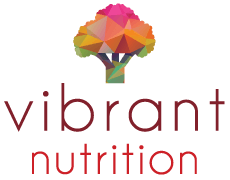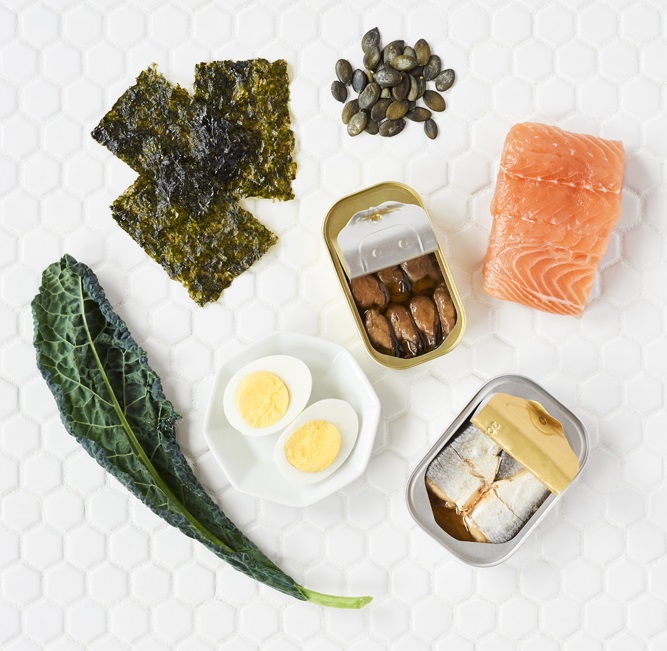July 4th, 2019
How to Prevent Dehydration This Summer
It is HOT out there and we all know how important it is to stay hydrated in the summer. But there is a lot of confusion about dehydration, HOW much water you really need, and what the best sources of hydration are. Let’s go through the facts, the health effects of dehydration, and how you can feel great through all of this summer heat!
Why do we need water?
Water is important for our entire body function, from our guts to our brains. We are over 70% water! We lose water through bathrooms losses, sweat, breathing and vomit if we are sick, so it’s crucial to drink enough to replace it. Even if you don’t feel thirsty, you need water! It’s used to maintain our blood pressure, our heart rate, and our muscle and brain function on an hourly basis. It also plays an essential role in digestion and keeping our gut happy and healthy!
Can dehydration cause headaches and other health issues?
Yes! Mild dehydration symptoms include:
- tiredness and lower energy levels
- headaches and migraines
- decreased physical coordination and dizziness
- constipation
- irritability
- increased leg and calf cramps
- reduced mental activity!!
This is just the start of it. Losing as LITTLE as 2 to 3 % of your total body water can cause physical and mental impairment. Chronic dehydration can also cause low blood pressure, UTI’s and kidney stones. There is some evidence now that it can put stress on the heart, and may increase inflammation in the body as a result, increasing risk of chronic disease.
At moderate or severe levels, it is absolutely life-threatening, especially for kids and seniors.
How much IS enough?
There is NO one answer such as 8 cups of water a day. That’s a myth and it’s probably too low! Body size, activity level, temperature, sweating patterns, as well as pregnancy and lactation ALL affect how much you need. Your diet also plays a role. If you eat a lot of salt and processed foods, you need more!
The following are estimates based on NIH and ACSM guidelines, again all are variable depending on food and activity:
- Men: 15.5 cups daily
- Women: 11 cups daily (pregnant and lactating need closer to 13-15 cups)
- Children 5 to 12: highly variable: from 8-10 cup
- Infants under 2 years: most should get what they need from breastmilk and / or formula, so no water is needed between 6 months and 12 months. After 1 year, you can offer water to a child in a sippy cup, BUT be careful not to OVER hydrate and fill their little bellies with water instead of water-packed food and nutrient-dense fluids like milk or formula. A tip here is not to offer water at meals, only in between meals or in places that are very hot (beach, cottage, sports).
A note about Keto: If you are on the Keto diet, dehydration is more likely so make sure you are increasing your intake!
What are the best ways to stay hydrated?
This amount of water can seem really overwhelming, but in fact, more than just the water we drink hydrates us! Of course, the BEST thing you can drink to stay hydrated IS water (not juices, or Gatorade or coconut water; water first). Unless you are doing vigorous activity, or sports training, most people DO NOT need sugary drinks or extra liquid electrolytes. Watch out for drinks that contain lots of added sugars, such as juices and sports drinks. The sugar is not helping you hydrate.
We also get 20 to 30% of our water from foods. Fresh fruits and vegetables, dairy products, soups, and YES, even clear tea and coffee can all be hydrating!
Here’s some things to include in your diet, especially in the warm weather!
- Melons, stone fruits, strawberries
- Cucumbers, celery, lettuces, snap peas
- Citrus fruit
- Broths and clear soup
- Sparkling water
- Herbal teas
- Black tea and coffee
- Unsweetened fluid dairy milk or unsweetened plant milk
- Fish, cooked whole grains and even eggs have water we can use in our body
I thought coffee was dehydrating!
So, this is something I have changed my thinking on. If you are a regular clear coffee and tea drinker (black or with a dash of milk), you can actually count these as hydrating fluids! They are mostly water, and in fact, the idea that they make you “pee out all the hydration” is not accurate. Good quality coffee also has a BUNCH of health benefits. Caffeine can modestly increase water loss through urination, but not enough to cause dehydration.
PRO TIP: Caffeinated beverages can count toward fluid intake daily BUT, you shouldn’t add sugars, syrups and creams to it and water is still your first and best choice.
The Pee Factor
Can you see your pee!? When you’re experiencing dehydration, urine colour is absolutely affected. It should be a pale, straw yellow. If it is always completely clear, you could be over-hydrating slightly. And if it is medium or dark yellow, this is a good sign you are dehydrated.
But what if I’m not thirsty?
A lot of people think the sensation of thirst alone will keep them hydrated, but that’s NOT TRUE. Sometimes by the time we feel thirsty, we’re already on the verge of dehydration. That’s why it’s important to stay hydrated throughout the day. Thirst can also be mistake for hunger, meaning you can actually be overeating or sensing hunger, when in fact you are just dehydrated. This is why it’s great to have a glass or 2 of water in between every meal.
As we age, especially for those over 65, we lose the sensation of thirst, meaning its very easy to become dehydrated because we don’t FEEL thirsty. The best way to stay hydrated is to take sips or cups of water throughout the day at regular intervals, and eat a diet that is high in water-containing foods! Having a water bottle in your sight during your work day will ACTUALLY improve your intake of water and staying hydrated. Put it in the line of sight of your computer to remind you!
Can you drink too much water?
It’s VERY rare, but every year there are cases of hyponatremia (a.k.a. excessively low sodium content in the blood due to “water intoxication”). This occurs most commonly when people are under the influence of drugs or alcohol, at all-night dance and music events. In these cases, someone might be drinking 8 to 15 litres of water without realizing they are over-consuming. They are also likely not eating or getting electrolytes from fruits and vegetables, as you would over the course of 24 hours, which worsens the situation.
Final Thought
When in doubt (on extra hot, active days, with super active sweaty littles), have water. Add a slice of watermelon sprinkled with sea salt for the most delicious rehydrating snack around!


